Yesterday was an exciting day for Jesus and his disciples. It was a day filled with shouts of praises directed toward Jesus. Jesus was finally receiving the praise due him. Or was he? You see, the people were praising the king they thought he would be. The king they wanted him to be. Not the King he actually was (is).
On the evening of Palm Sunday, Jesus returned to Bethany, the city where he was anointed by Mary the day before his grand entrance into Jerusalem. Now, on Monday morning, he returns once again to Jerusalem as he continues the journey toward the cross.
Here are the events of the Monday of Holy Week:
- On the walk from Bethany to Jerusalem, Jesus and his disciples pass by a fig tree. Jesus is hungry so he walks over to the tree to grab a bite to eat, but the tree is barren. The fact that the fig tree had leaves on it should have meant that there would be figs on it as well (as the fruit generally appeared at the same time, if not shortly after the leaves). So what does Jesus do? Does he command the tree to blossom; to produce fruit for him to eat? No, he curses the tree and uses it as a teaching opportunity for the disciples (we will look at that in tomorrow's reflection). Just as the tree was hypocritical - looking one way (fully bloomed), but in reality, was something different - so there is judgment for those who are hypocritical in word and deed and for those who should be bearing fruit but do not. Just as the fig tree withered, so God will remove any aspect within us that does not bear fruit.
- Once Jesus arrives in Jerusalem, he goes to the temple. Matthew (21:12-13), Mark (11:15-17) and Luke (19:45-46) tell us that Jesus clears the temple of the "money-changers." Here we see righteous anger from Jesus as he sees that these peddlers have turned God's house of prayer into a profit seeking business. Please understand, Jesus wasn't upset simply because people were selling items. The temple and marketplace had been connected for many years. This was the cultural center of the city. Jesus knew and understood this. The reason for this outburst at this particular time was due to the salesmen taking advantage of the worshipers (especially those worshipers who traveled to Jerusalem for the feast of Passover and needed to purchase animals for sacrifice). Not only that, Jesus looked around and saw that the marketplace was taking away from the worship within the temple. There were too many distractions. And God is zealous about his worship.
This action of clearing the temple is especially appropriate in light of the day Jesus had the day before - Palm Sunday. Yesterday, the crowds were shouting his praises and waving palms of victory, and now people are being distracted away from worship. He wouldn't let the Pharisee's quiet the crowd on Palm Sunday and he is not going to let the money-changers distract the people from worship today.
- At the end of an eventful day, Jesus and his disciples return to Bethany to rest for the evening (Mark 11:19).
When I consider the events of this day in Jesus' life, I come to the conclusion that the theme for the day is cleansing. On this day of cleansing, will you join me in searching within to see if there are any areas in our lives that are not bearing fruit the way they should? Or are there any actions or attitudes that are preventing me from worshiping God to the fullest? Will you join me in praying Psalm 139:23-24?
"Search me, O God, and know my heart! Try me and know my thoughts! And see if there be any grievous way in me, and lead me in the way everlasting!"
Cleanse me, Lord, today. Amen. So be it!
(Illustration: Christ Cleansing the Temple by Luca Giordano b. 1632 d. 1705)

